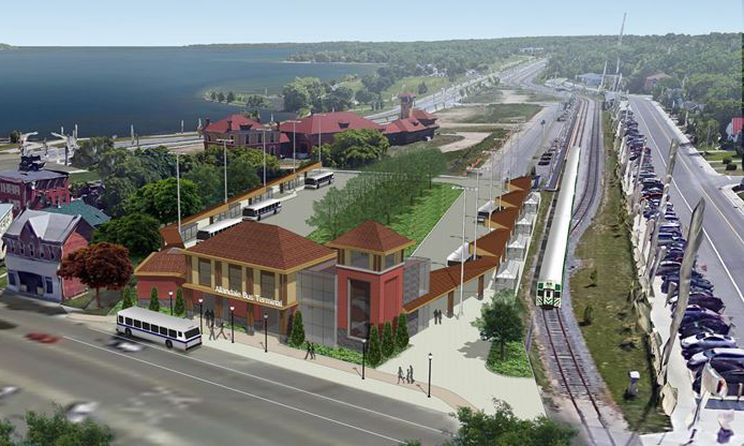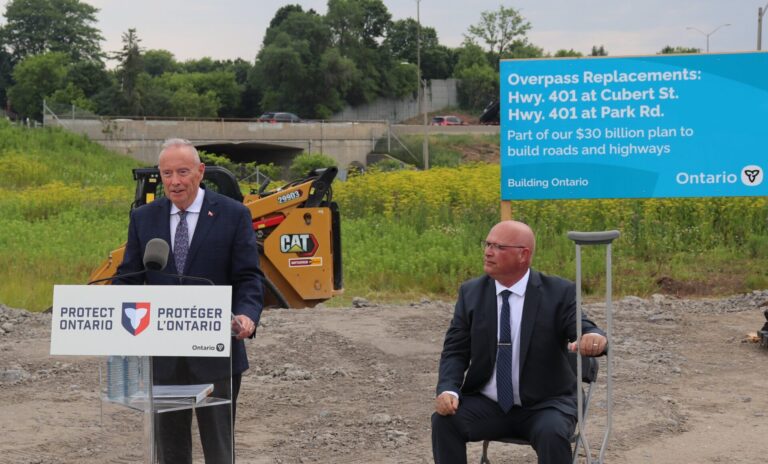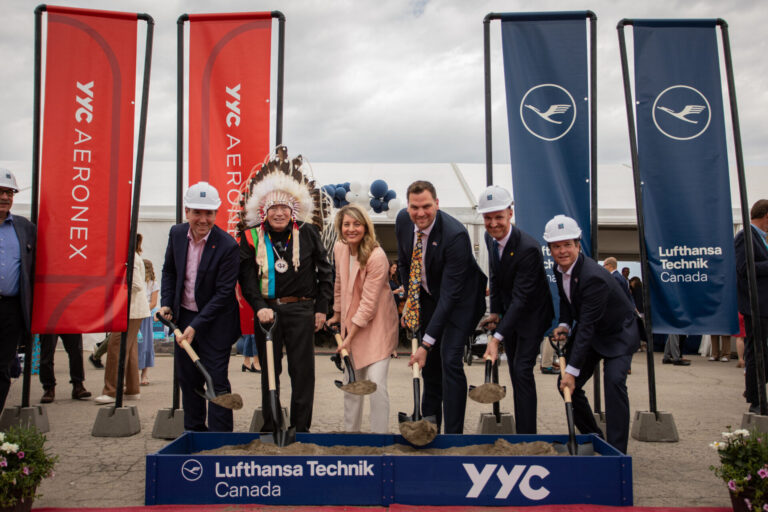Canada’s Minister of Natural Resources the Federation of Canadian Municipalities (FCM) announced an investment of $377,310 through FCM’s Green Municipal Fund (GMF) to help reduce greenhouse gas (GHG) emissions and improve energy efficiency in cities and communities in Central Ontario.
“Local green solutions create jobs, lower emissions and build a more prosperous and sustainable economy for all. This is how we get to net-zero by 2050,” stated Seamus O’Regan Jr., Minister of Natural Resources.
The Township of Selwyn is testing the use of a hybrid electric vehicle to reduce the corporate fleet’s dependency on fossil fuels. This is an opportunity to demonstrate its commitment to reduce fossil-fuel dependency throughout the community and facilitates a reduction in greenhouse gas emissions.
The City of Barrie will study the feasibility of constructing a new municipal transit hub targeting a net-zero energy performance. The net-zero construction will promote energy efficiency, reduced greenhouse gas emissions and renewable energy use. This supports the city’s Strategic Plan goal to build a greener Barrie while mitigating and adapting to climate change.
The Climate Challenge Network is partnering with five municipalities – Barrie, Brampton, Caledon, Halton Hills and Township of King – to conduct a feasibility study on retrofitting ice rinks facilities in each municipality to be net-zero carbon. The ice rink initiative is a response to each of the five participating municipalities declaring a climate emergency and each setting aggressive targets, ranging from 50 percent GHG reduction by 2050 and net-zero emissions by 2030 in their corporate energy management plans.
The Town of Bradford-West Gwillimbury will study the performance, reliability and robustness of the Bradford water pollution control plant. The study will recommend ways to improve the plant’s operation and maintenance efficiency. The expected environmental benefits include reduction in the nutrient load and contaminant level in the effluent water discharged into the Lake Simcoe watershed. The study also aims to identify ways to reduce the facility’s energy consumption and greenhouse gas emissions.
“Our cities and communities influence half of the country’s greenhouse gas emissions,” said Joanne Vanderheyden, president, Federation of Canadian Municipalities. “That means local action is critical. With support from the Green Municipal Fund, this is what’s happening: municipalities of all sizes are implementing smart low-carbon solutions. Empowering this local expertise is vital to meeting Canada’s climate goals. When orders of government work together to reduce emissions, we’re building more resilient communities.”
Featured image: Proposed Allandale Transit Hub in Barrie, Ontario. (City of Barrie)











